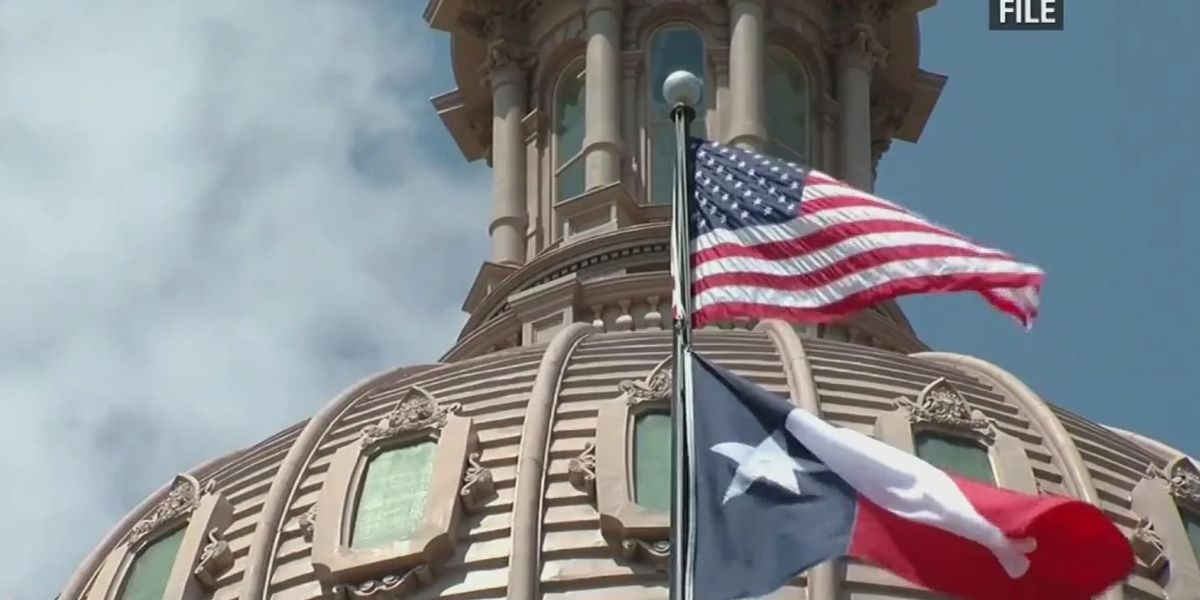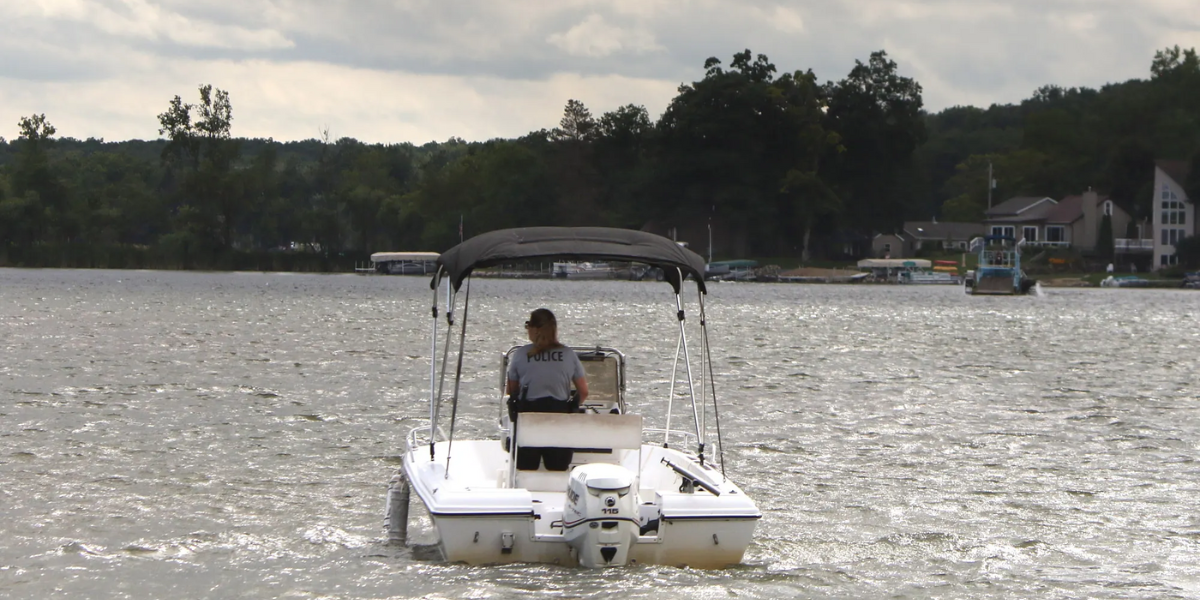Over 1,000 bills were signed into Texas law during the 89th legislative session, many of which are taking effect immediately. One of the bills passed in 2023 goes into effect on July 1, banning temporary paper license plates.
Governor Greg Abbott vetos Senate Bill 3, total ban on THC productsGovernor Greg Abbott vetos Senate Bill 3, total ban on THC products
At the end of the session, Gov. Greg Abbott signed 1,155 bills into law on Monday, June 23. However, Abbott called for a special session to revisit vetoed or filed bills without a signature. The special session will begin on July 21. Below are major bills that went into effect immediately or will be going into effect on July 1.
Ban on temporary paper license plates
Starting July 1, HB 718, which was signed into law in 2023, will require everyone in the state of Texas to have a hard, metal license plate. All licensed dealers must issue metal license plates to buyers at the time of sale, according to the Texas Department of Motor Vehicles. Temporary tags will no longer be available to be printed for printing.
All licensed dealers must use webDEALER to process title and registration applications for vehicle sales, according to the DMV. County Tax Assessor-Collector offices and Regional Service Centers will also issue temporary registration metal plates for 30-day and one-trip permits.
Clarity to abortion ban
Illinois Sales Tax Hike and Plastic Bottle Ban Take Effect July 1
SB 31, also called the Life of the Mother Act, clarifies when doctors can perform abortions without fear of being penalized under the near-total ban in Texas. The abortion ban, which went into effect in 2022, prohibits nearly all abortions, including those where the pregnancy is the result of rape or incest.
The main change in language allows for doctors to have more leniency when performing the procedure. The person performing the abortion must be a licensed physician. The doctor can exercise reasonable medical judgment if a pregnant patient has a life-threatening physical condition caused by the pregnancy that places the female at risk of death or a serious risk of substantial impairment.
The bill went into effect immediately.
Liability at waterparks
SB 1119 provides protection from nuisance lawsuits for Texas’ waterparks. The bill does not exonerate a waterpark for all liability or for negligence on their part, according to the bill. The park would still be responsible for injuries caused by the poor upkeep of equipment, negligence, poor training of staff, or actions intentionally taken by the waterpark. However, any other injury would be the responsibility of park participants.
The bill went into effect immediately.
Bans beneficiaries for caregivers
HB 1041 amends the Insurance Code to establish that a caregiver does not have a direct or indirect insurable interest in the life of an individual with a disability, including an intellectual disability, unless the caregiver is a relative of the individual. The restriction would apply to individuals receiving care at a state-supported living center, assisted living facility, intermediate care facility or group home, according to the bill.
Antisemitism in schools
Senate Bill 326 amends the Education Code to require a public school district, open-enrollment charter school and public institution of higher education to take disciplinary action against a student for certain behaviors involving antisemitism. The bill calls for schools to use a specified statutory definition of antisemitism in determining whether the student’s behavior was motivated by antisemitism.
Critics have said the bill could punish or discourage some students from exercising their free speech rights, according to the Texas Tribune.
The bill went into effect immediately.
Texas referees at UIL-sponsored events
SB 2929 allows a referee, judge, or other official of an extracurricular athletic activity or competition sponsored or sanctioned by a public school
district or the UIL to remove a spectator without giving a verbal warning or observing persistent inappropriate behavior.




